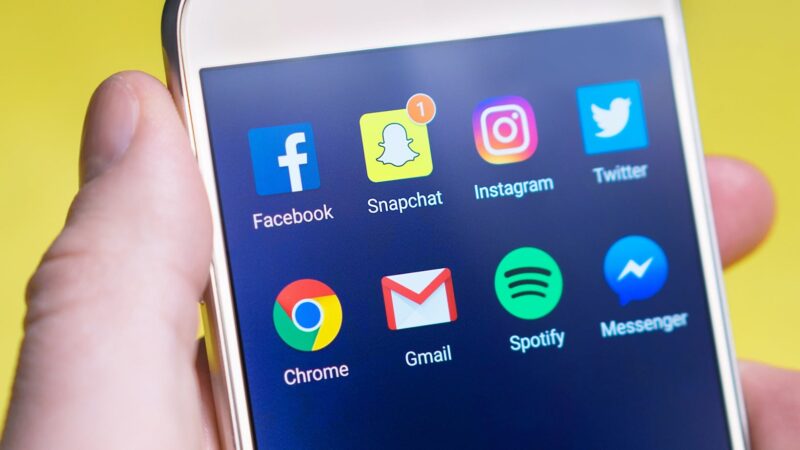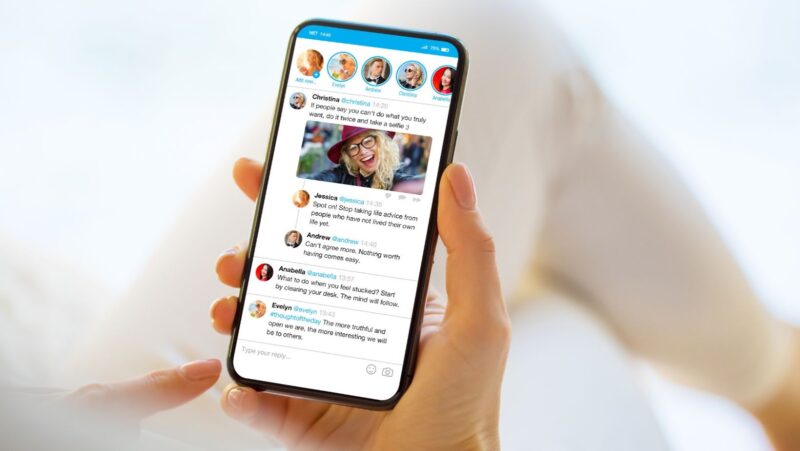
This article talks about the various social network sites that are created for people to express their views and opinions on certain topics, events, etc., but also mentions that the information posted on these sites can be used by police to investigate crimes.
First of all, this article is mainly focused on social media such as Facebook, Twitter and the like where people can express their views and opinions to a large number of other people or “friends,” whether they know them or not.
What Time was it 18 Minutes ago
“Mr. Johnson, what time was it 18 minutes ago on your smartphone?” asked a detective.
“It was 7:35 PM, officer.” replied the suspect.
The judge gave her ruling… “In light of new evidence submitted by the defense, I’m compelled to reverse my guilty verdict.” said the judge. “The defendant is free to go!”
This just goes to show that the smallest piece of evidence can make a huge difference in any case. This particular incident took place at my friend’s law office, but many similar cases have greatly benefited from digital data. Here are some ways I’ve seen technology used in the courtroom:
Google search results and screenshots of websites can be used to prove or disprove someone’s alibi. If the person is on Facebook at an unlikely location during a crime, that makes it much more likely that they’re innocent.
Text messages, emails, instant messages and chat logs (from services like Skype) can help determine who was involved in a scheme and how.
Social media like Facebook and Twitter can help locate people or show that someone wasn’t where they said they were (for example, if their friends post pictures from a specific location at the same time).
A user’s search history on Google or Bing can be used to prove or disprove motive. For example, it might show someone had looked up how to grow poison ivy before the murder of their gardener.
GPS data can show if someone was in or near another person’s house at the time of a crime. It might even reveal that they were nowhere near where they said they were during an accident, for example. GPS is often more reliable than testimony.
It’s important to remember, though, that it isn’t always smart to “prove your innocence” with social media. If you pass bad checks, for example, I wouldn’t recommend posting pictures of yourself passing bad checks! It could ultimately lead police right to you.”
The Benefits of Using Social Media in Criminal Cases
The benefit is that they help the jury to know the truth of what’s surrounding a case. I believe that these kinds of cases should be very strictly monitored by police officers because it may not always show accurate results. It leaves room for interpretation which is never good when you are trying to convict someone or exonerate them, because it could ultimately lead the wrong verdict.
There are many social media platforms available for people to express their views and opinions, and this article has mentioned a few of them. People can use different mediums such as Facebook, Twitter and the like to show their support on certain topics or events that they find very important. These internet sites also allow police officers to investigate criminal cases with the help of social media.
The Risks of Using Social Media in Criminal Cases
1. The police officers and the criminal justice system must be very careful when using social media to investigate criminal cases because it may not always show accurate results.
2. Using these sites as evidence leaves way for the criminals to peak through. They have a better chance of evading justice because they can see everything that’s going on and plan their escape.
3. Some individuals claim that there are some people who do use social media as a platform to show their criminal activity, but it can be very hard to monitor everyone s activities because of privacy issues.
Conclusion
Using social media in criminal investigations definitely has it’s pros and cons. This article has mentioned a few and there are many more I’m sure. Today, in this age and time we live in, the internet is everywhere and it can be used for anything; whether it’s to find out information or to complete criminal activity. It definitely leaves room for interpretation but that’s what makes our world so interesting!






